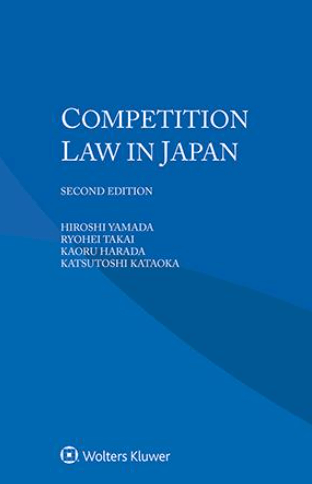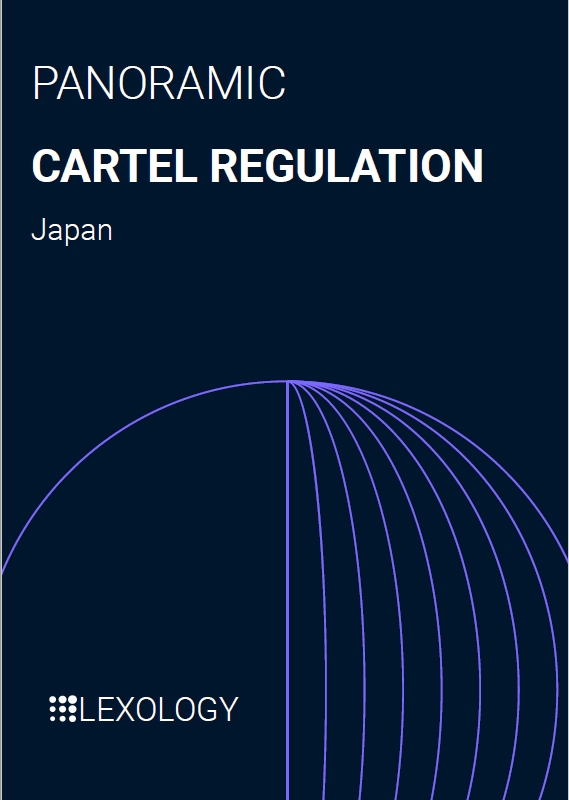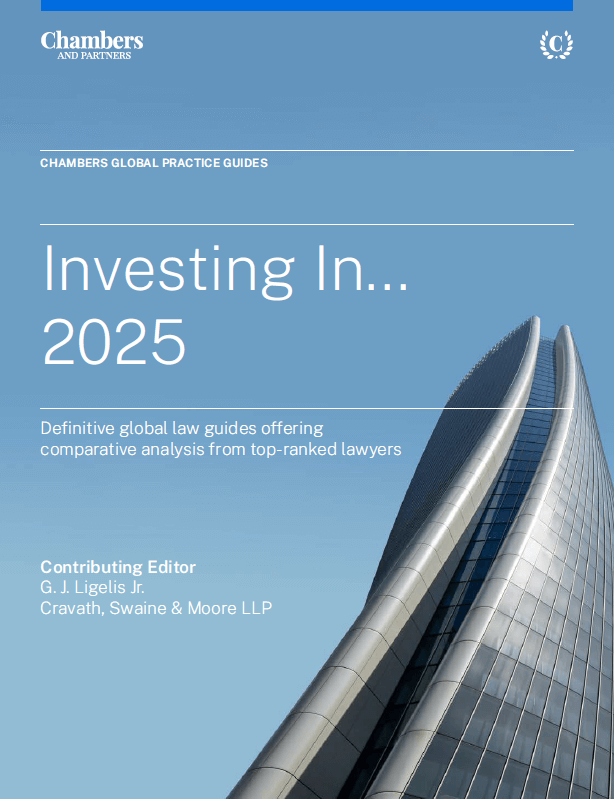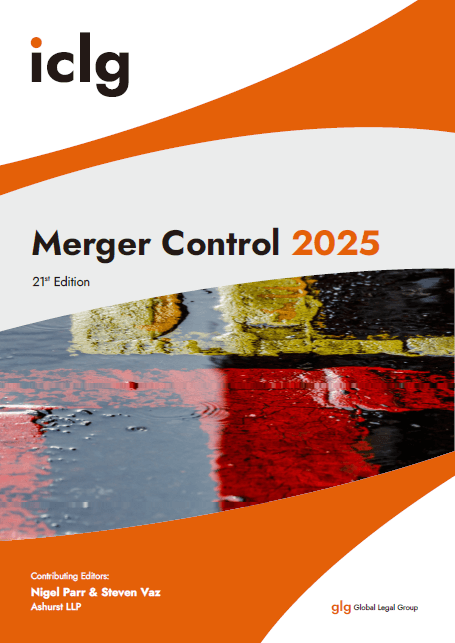
NO&T Asia Legal Review
Following the introduction of the Competition (Amendment) Bill, 2022 in August 2022 to amend the Competition Act, 2002 of India (“Competition Act”), the Competition (Amendment) Act, 2023 (“CAA”) was approved by the Parliament of India in April 2023 and received the assent of the President of India on 11 April 2023. The CAA introduces several key changes to the competition law regime in India. On 18 May 2023, the Ministry of Corporate Affairs notified certain provisions of the CAA. The remaining provisions will come into force upon their notification in the official gazette. The key provisions of the CAA are summarized below.
1. Hub-and-Spoke Cartels: The provisions of the Competition Act relating to anti-competitive horizontal agreements have been expanded to include any entity that ‘participates or intends to participate in the furtherance of such agreements’. As such, the scope of a cartel has been widened to include all players who participate in or facilitate such activities, irrespective of whether the party is engaged in an identical or similar trade as the remaining participants. This will enable the Competition Commission of India (“CCI”) to also assess anti-competitive coordination taking place through hub and spoke arrangements (e.g., collusion through trade associations) under the cartel provisions of the Competition Act.
2. Limitation Period: The CAA has introduced a limitation period of 3 years for filing of a complaint from the date the cause of action actually arose. However, the CCI has the discretion to take up such matters after the three year time period lapses, if it is satisfied that there was sufficient cause for the delay and its reasons are recorded in writing.
3. AAEC: The factors to analyse whether an agreement has caused an appreciable adverse effect on competition (AAEC) in India have been updated under the CAA. Now, the CCI shall give due regard not only to “benefits” to consumers but also “harm” caused to them.
4. Powers of Director General (DG): The DG’s powers have been significantly strengthened under the CAA. The DG Office is now empowered to retain documents, information, books, papers etc. seized by it for a period of up to 360 days. During an investigation, DG is empowered to examine third parties and agents (such as in-house counsels or auditors) under oath as well as to seek assistance of police officers when conducting dawn raids. The parties under investigation are now statutorily required to preserve and protect relevant documents and offer any assistance required by the DG during the investigation.
5. Penalties: The Competition Act imposed certain penalties in the event any party to a combination either: (i) makes a materially false statement, or a makes a knowingly false statement; and (ii) omits or fails to state any material particular, which such party knows to be material. The maximum penalty for making false statements or for omission to furnish material information, has been increased by the CAA from INR 10 million to INR 50 million.
6. Mandatory Deposit for Appeals: The CAA has introduced the requirement of mandatory deposit for filing an appeal. It provides that an appeal can be preferred against an order of the CCI before the National Company Law Appellate Tribunal (NCLAT) only after 25% of the penalty imposed by the CCI has been deposited.
7. Deal Value Threshold: The Competition Act currently requires transactions involving parties with: (i) cumulative assets of more than INR 10 billion, or (ii) cumulative turnover of more than INR 30 billion, to obtain the prior approval of the CCI, unless any of the exemptions apply. The CAA has introduced a new deal value threshold and seeks to include combinations wherein the value of any transaction, in connection with acquisition of any control, shares, voting rights or assets of an enterprise, merger or amalgamation exceeds INR 20 billion. Such a transaction would now be a reportable transaction, requiring the prior approval of the CCI, subject to the condition that the party in question has substantial business operations in India. The introduction of the deal value threshold will allow the CCI to review a number of additional transactions which may otherwise fall below the current prescribed asset/turnover thresholds.
8. Expedited Approval Timelines: Under the current provisions of the Competition Act, a combination will be effective only after the CCI issues an order in this regard, or after 210 days have passed since the date the notice of the combination was submitted to the CCI. The CAA proposes to reduce the review timeline from 210 days to 150 days, following which the combination will be deemed approved. The CAA also proposes that the CCI is required to form its preliminary view on a transaction within 20 calendar days (as opposed to the current 30 working days).
9. Penalties: Under the Competition Act, a failure to notify the CCI of the combination may result in the CCI imposing a penalty of up to 1% of the assets or turnover (whichever is higher) of the combination. The CAA modifies this provision, and now any party to a combination who fails to make the requisite notification to the CCI or submit the relevant information in response to an inquiry into the combination initiated by the CCI may be liable to pay a penalty of up to 1% of the total turnover, assets, or transaction value of such a combination, whichever is higher.
10. Definition of Control: The Competition Act defines control as ‘control over the affairs or management by one or more enterprises over another enterprise or group’ for the purpose of classification of combinations. The CAA modifies the definition of control to ‘the ability to exercise material influence over the management, affairs, or strategic commercial decisions’. The CAA does not expand on the term ‘material influence’ but it is likely that CCI would issue some guidance in this regard.
11. Settlements and Commitments: The CAA has proposed a new settlement and commitment mechanism for cases involving anti-competitive vertical agreements and abuse of dominance. The settlement and commitment process will not be applicable for cartel cases. In effect a settlement can be offered after the investigation report has been issued by the Office of the Director General (the DG) and before the CCI passes its final order in the matter. The CAA also permits parties to propose a voluntary commitment after the CCI forms a prima facie opinion on the matter but before the DG issues its investigation report. The final order adopting the commitment or settlement would not be subject to any appeal.
Overall, the amendments proposed under the CAA are a positive step towards meeting the needs of the new age market and introducing global best practices. Substantive amendments such as deal value thresholds, settlement and commitment related provisions and leniency plus regime are yet to be notified and it is expected that the CCI would issue clear rules and guidance as to applicability and procedure of such amendments at the time of notification. In the meantime, companies operating in India or proposing to enter into transactions with Indian companies must take note of and familiarize themselves with these amendments.
This newsletter is given as general information for reference purposes only and therefore does not constitute our firm’s legal advice. Any opinion stated in this newsletter is a personal view of the author(s) and not our firm’s official view. For any specific matter or legal issue, please do not rely on this newsletter but make sure to consult a legal adviser. We would be delighted to answer your questions, if any.


Kluwer Law International (April 2025)
Hiroshi Yamada (Co-author)


(January 2025)
Kaoru Hattori, Yoshitoshi Imoto, Ryohei Tanaka (Co-author)


(January 2025)
Shunsuke Minowa, Yothin Intaraprasong, Ponpun Krataykhwan, Nopparak Yangiam, Salin Kongpakpaisarn, Poonyisa Sornchangwat (Co-author)


(December 2024)
Ryohei Tanaka, Tsuyoshi Isshiki, Nobuaki Ito, Haruki Koyama (Co-author)


Kluwer Law International (April 2025)
Hiroshi Yamada (Co-author)


Tsuyoshi Isshiki


Masanori Tosu


Ichsan Montang, Anastasia Jessica Maureen (Co-author)


Patricia O. Ko


Ngoc Hoang


Yuan Yao Lee


Chattong Sunthorn-opas, Thunsinee Sungmongkol (Co-author)


Patricia O. Ko


Ngoc Hoang


Yuan Yao Lee


Chattong Sunthorn-opas, Thunsinee Sungmongkol (Co-author)


Rashmi Grover


Shejal Verma


Rashmi Grover


Shejal Verma, Rashmi Grover (Co-author)